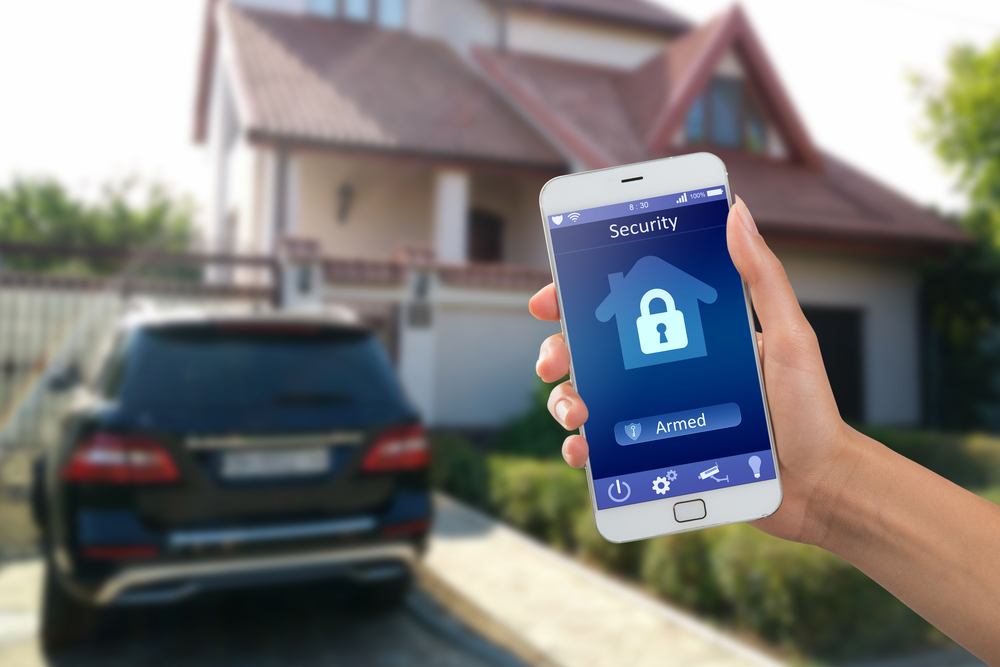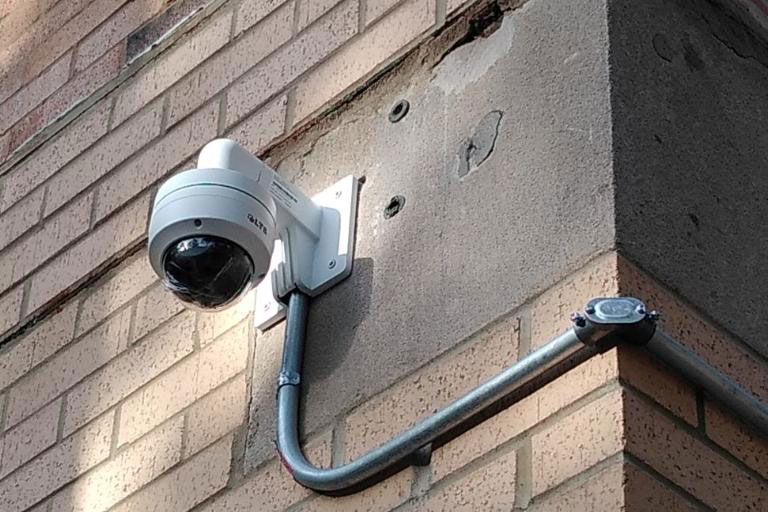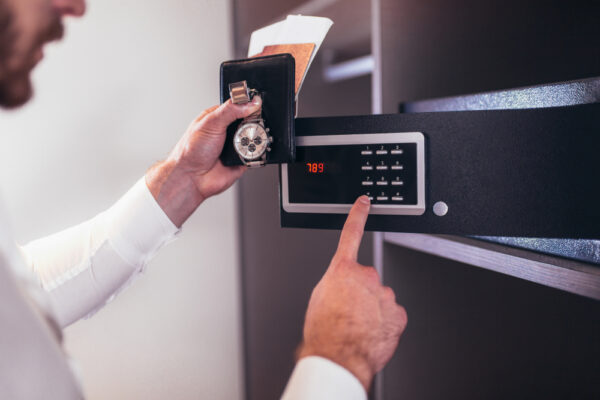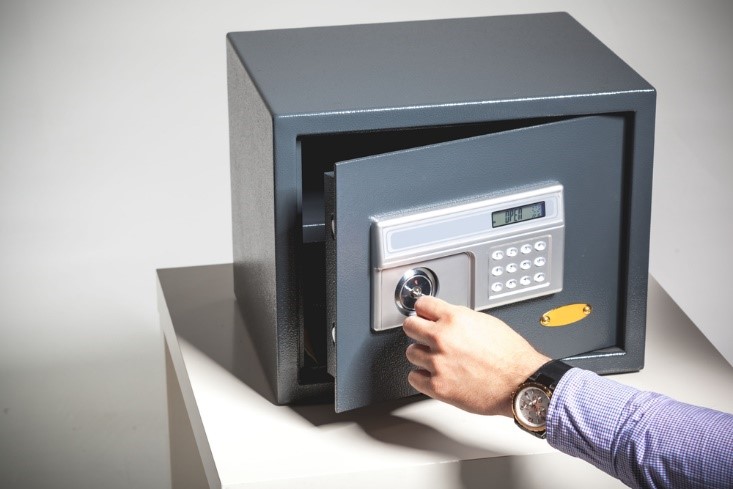
What You Need For Remote Monitoring of Your Security Cameras
By pairing security cameras with remote monitoring, they become virtual security guards who alert you and/or your team about incidents as soon as they happen – enabling faster responses to any trespassing or break-in events. Let’s look at what you need when you want to use remote monitoring for your security cameras.
1. Cameras
Active surveillance goes beyond passive security systems that simply record footage after an event has taken place; active security uses video monitoring to proactively deter criminals and protect your property. Security cameras also help detect suspicious activity and can serve as evidence when filing insurance claims or seeking restoration or compensation for incidents that take place on your premises.
Security cameras today are more intelligent and compact than ever, and come in both wired and wireless options. Indoor/outdoor models can withstand harsh weather conditions while some offer 1080p resolution, night vision capabilities, or other useful upgrades.
2. Network
Remote monitoring requires a secure, high-speed Internet connection with no gaps or bottlenecks to allow video footage to reach remote monitors as soon as possible. Sites with complex security needs, like schools, banks, hospitals, or manufacturing facilities often need dedicated networks in place so video footage can reach distant monitors in real-time.
Dependent upon the camera type, connecting to it may involve wired Ethernet or Wi-Fi connections on either a computer or tablet to watch recorded or live video. Some cameras also store videos in cloud servers over the internet which could cause slowdowns due to inconsistent Internet service.
Remotely accessing a security camera using its original app will avoid compatibility issues caused by using third-party software to do so. Alternatively, setting them up on separate networks to safeguard privacy and reduce hacking opportunities is another great way of protecting them – make sure these cameras remain secure by requiring passwords and keeping firmware up-to-date regularly.
3. Software
Software options available for remote monitoring vary in complexity and ease of use; some may be basic while others provide more features. When choosing one for yourself it is essential that it matches both your technical ability and needs.
Beginners may wish to select software solutions that are user-friendly and offer the basic features they require; more experienced individuals might prefer more complex programs with various functions and features.
4. Monitoring
There are various methods for connecting security cameras for remote viewing, but the easiest one is through an App/Client. Home cameras with two-way audio allow you to speak with anyone entering or leaving while away, while doorbell cameras let you know when your children have safely returned from school.
Many smart security cameras utilize artificial intelligence technology in their cameras that detect movement – alerting users when something moves within view while distinguishing between people and cars or dogs to minimize notifications that might otherwise arise.
Some systems offer video verification, allowing you to temporarily grant temporary access to live streams during emergencies for emergency monitoring centers to monitor. This should speed police response time and reduce false alarms; video remote monitoring offers businesses the chance to track employee performance, check inventory/supplies levels, and ensure everything runs smoothly.





